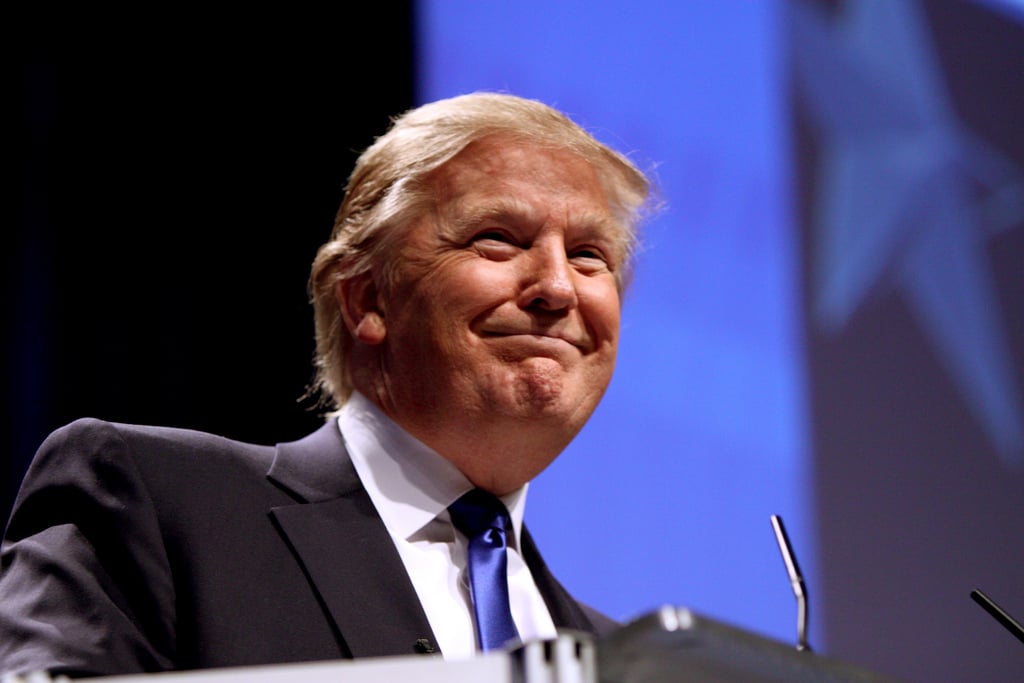Donald Trump could trip up the bull market
President claims stock gains are about him. What if he goes down?
Advertisement
President claims stock gains are about him. What if he goes down?

Share this article Share on Facebook Share on Twitter Share on Linkedin Share on Reddit Share on Email